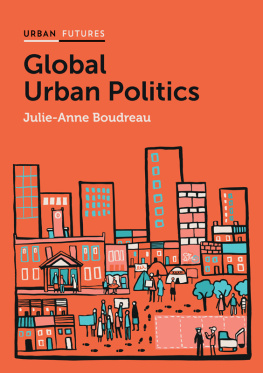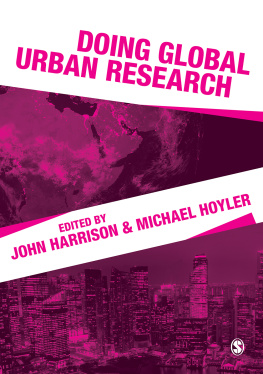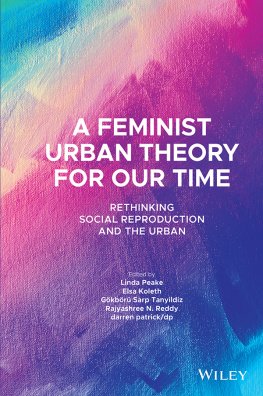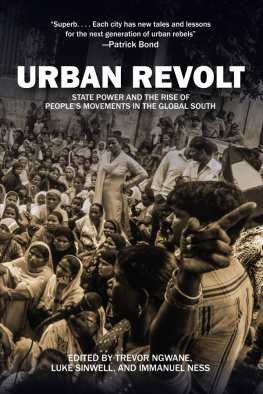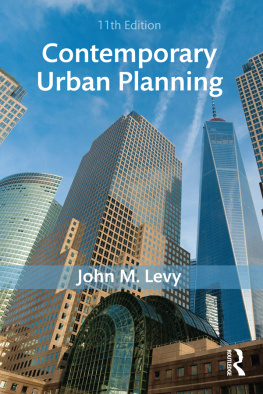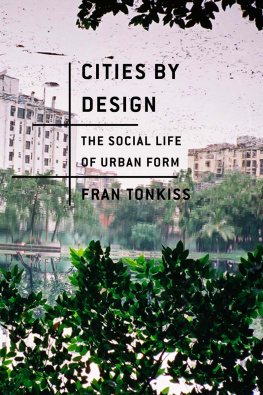
CEDLA Latin America Studies (CLAS)
General Editor
Michiel Baud, CEDLA
Series Editorial Board
Anthony Bebbington, Clark University
Edward F. Fischer, Vanderbilt University
Anthony L. Hall, London School of Economics and Political Science
Barbara Hogenboom, CEDLA
Barbara Potthast, University of Cologne
Rachel Sieder, University of London
Eduardo Silva, Tulane University
Patricio Silva, Leiden University
CEDLA
Centro de Estudios y Documentacin Latinoamericanos
Centro de Estudos e Documentao Latino-Americanos
Centre for Latin American Research and Documentation
CEDLA conducts social science and history research, offers university courses, and has a specialized library for the study of the region. The Centre also publishes monographs and a journal on Latin America.
Keizersgracht 395-397
1016 EK Amsterdam
The Netherlands / Pases Bajos
www.cedla.uva.nl
For information on previous volumes published in this series, please contact Cedla at the above address.
Volume 98
Latin America Facing China: South-South Relations beyond the Washington Consensus
Edited by Alex E. Fernndez Jilberto and Barbara Hogenboom
Volume 99
Foodscapes, Foodfields and Identities in Yucatn
Steffan Igor Ayora-Diaz
Volume 100
Urban Residence: Housing and Social Transformations in Globalizing Ecuador
Christien Klaufus
Volume 101
Environment and Citizenship in Latin America: Natures, Subjects and Struggles
Edited by Alex Latta and Hannah Wittman
URBAN RESIDENCE
Housing and Social Transformations in
Globalizing Ecuador
Christien Klaufus
Translated by
Lee Mitzman
Published in 2012 by
Berghahn Books
www.berghahnbooks.com
2012 Christien Klaufus
All rights reserved.
Except for the quotation of short passages for the purposes of criticism and review, no part of this book may be reproduced in any form or by any means, electronic or mechanical, including photocopying, recording, or any information storage and retrieval system now known or to be invented, without written permission of the publisher.
Published in Association with the Centre for Latin American Research and Documentation (CEDLA), Amsterdam.
The translation from Dutch by Lee Mitzman was funded by the Netherlands Organization for Scientific Research (NWO).
Library of Congress Cataloging-in-Publication Data
Klaufus, Christien.
[Steden en de bouwers. English]
/Christien Klaufus ; translated by Lee Mitzman.
p. cm.
Author 's thesis (doctoral--Utrecht University, 2006) originally published under the title: De steden en de bouwers.
Includes bibliographical references and index.
ISBN 978-0-85745-371-6 (hbk. : alk. paper) -- ISBN 978-0-85745-372-3 (ebook)
1. City planning--Ecuador--Citizen participation. 2. Dwellings--Ecuador--Design and construction--Citizen participation. 3. Housing development--Ecuador--Citizen participation. 4. Urban anthropology--Ecuador. I. Mitzman, Lee K. II. Title.
HT169.E24K5313 2012
307.1'21609866--dc23
2011040757
British Library Cataloguing in Publication Data
A catalogue record for this book is available from the British Library.
ISBN 978-0-85745-371-6 (hardback)
ISBN 978-0-85745-372-3 (ebook)
List of Figures and Tables
Maps
Illustrations
Tables
List of Abbreviations
| BCE | Banco Central del Ecuador (central bank of Ecuador) |
| BEV | Banco Ecuatoriano de la Vivienda (national housing bank) |
| CAE | Colegio de Arquitectos del Ecuador (national association of architects) |
| EMUVI | Empresa Municipal de Urbanizacin y Vivienda (municipal housing company Cuenca) |
| ERPE | Escuelas Radiofnicas Populares del Ecuador (radio station in Riobamba) |
| IERAC | Insituto Ecuatoriano de Reforma Agraria y Colonizacin (national agrarian reform institute) |
| IESS | Instituto Ecuatoriano de Seguridad Social (national institute of social security) |
| INDA | Instituto Nacional de Desarrollo Agrario (successor to IERAC) |
| INEC | Instituto Nacional de Censos y Estadsticas (national institute of statistics and censuses) |
| JNV | Junta Nacional de la Vivienda (predecessor of MIDUVI) |
| MIDUVI | Ministerio de Desarrollo Urbano y Vivienda (ministry of urban development and housing) |
| PDUR | Plan de Desarrollo Urbano de Riobamba (urban development plan Riobamba) |
| SIISE | Sistema Integrado de Indicadores Sociales del Ecuador (social indicators database) |
| SIV | Sistema de Incentivos para la Vivienda (housing program of MIDUVI) |
| TBP | Taller de Barrios Precarios/Populares, municipality of Riobamba |
| UNESCO | United Nations Educational, Scientific and Cultural Organization |
Preface
On Sunday 27 December 1998 I began this study with my very first day of fieldwork as an anthropologist in training. I had arrived that day in Riobamba, a provincial city in the highlands of central Ecuador, and expected to find it bustling with Christmas activities. Nothing was further from the truth. Riobamba appeared desolate; I was the only guest at the hotel where I had booked a room, and all restaurants and places to eat in the center were closed. I knew nobody in the city yet and was hungry and felt out of place. Hoping to cheer myself up, I signed up for the tour of Chimborazo Volcano that a nearby hotel advertised. As I was registering, I struck up a conversation with Jos Ignacio, the desk clerk, who later turned out to be one of the owners of the hotel. He asked about the purpose of my trip, and I eagerly told him about my research plans. The exact study, on living in working-class neighborhoods in provincial towns, had yet to be elaborated, but I had plenty of ideas, including some about the type of neighborhood where I hoped to conduct my research.
A few hours later we climbed into a taxi together. Instead of heading for the volcano, we drove to one of the city's suburbs at the foot of that volcano. Jos Ignacio had promised to introduce me to one of the hotel's cleaning ladies, who lived in a neighborhood called Cooperativa Santa Anita. We arrived at a dusty hill, where ten small brick homes stood in the late afternoon sun. The neighborhood appeared serene and tranquil and reflected none of the chaos that I had imagined a Latin American working-class neighborhood would exude. We approached one of the houses and knocked on the door. The cleaning lady was not home, but we did find her niece, who lived in the house behind it. A woman in her early thirties, who had clearly been in the middle of an afternoon nap, sleepily opened a small curtain and asked what we wanted. I explained that I was a researcher, and during the hours that followed Avelina (as I will call her) showed me around the neighborhood. She talked about life there and told me about the houses and their occupants, about conflicts and friendships, about lack of water and excessive dust, about wonderful rural tranquility and about the nosiness of the municipal authorities. On this first day of fieldwork, I quickly filled my notebook. Cooperativa Santa Anita had become my neighborhood.


